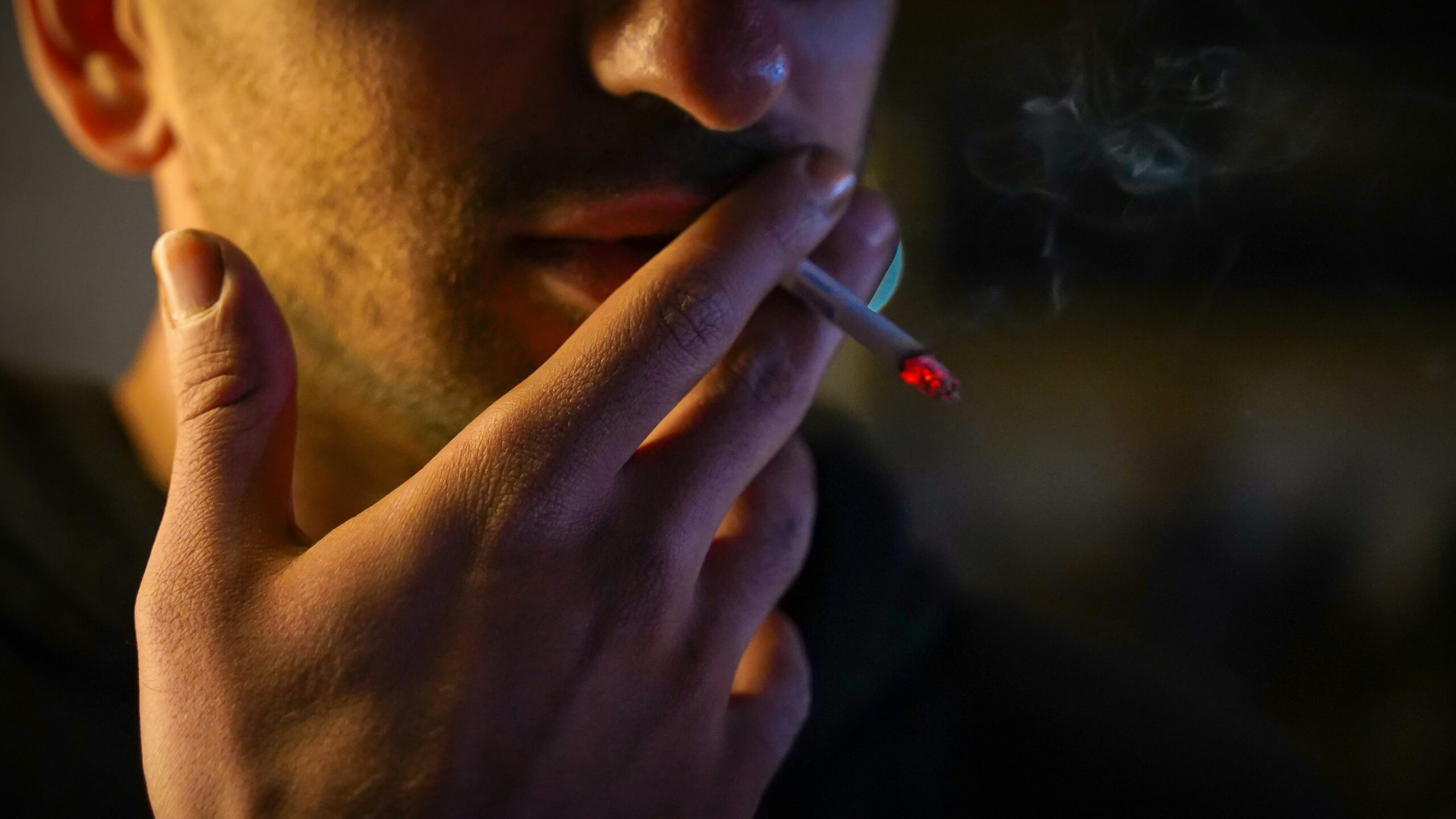What Really Does Addiction Mean Anyway?
Addictions impact so many people, upsetting lives and hurting loved ones. Worrying about ourselves and/or others being hooked on work, alcohol, money, drugs, sex, porn, food, cigarettes etc. is a widespread problem. Our focus unfortunately, often becomes narrowly placed upon that “thing” that seems to be consuming so much of our attention, pulling our attention away from solutions and other important areas of life. As this narrow focus becomes increasingly magnified to a seemingly overwhelming level, negative thoughts increase as well; “This is just too far gone”, “I am awful”, “I’ll never stop THIS!”, “Why even try to stop?”
I think we are out of focus. Our attention becomes on what not to do or on stopping something rather than on what to do and on action that can improve our situation. I’m not entirely convinced one’s so-called ‘addiction’ is the real problem. Consider all the things in life we are not free to do because we’re spending so much of our effort, time and money on the addictive behaviour. What is being missed, unattended to and let go? Now that seems, at least to me, to be the real tragedy; being a slave to a substance, a behaviour and even a way of thinking, not free to really enjoy life to the fullest.
Short changing our health and wellness, missing out on recreational, intellectual, spiritual and social growth options, failing to have time for those we love (e.g. children, spouses, family and friends) and severely limiting development of meaningful and satisfying relationships in favour of that one special ‘addiction’ is the real tragedy.
What is yours? What robs you of a very important part of your life?
Did you know the term addiction came from the slave trade? Years ago, while working on a paper for the Canadian government, I discovered a book called “Drugs, Morality And The Law” (1994 by Steven Luper-Foy, Curtis Brown). The authors uncovered that the initial use of the term addicted was used when a slave was sold to a master. The slave was said to be addicted to or ‘tied to’ their master. Instantly, I postulated that just as slaves have been freed, we too could find a way to become free from whatever addictive behaviour that is holding us back. I thought, maybe a little too simplistically, if we can be tied to something we could also be untied.
This is a completely different and more positive way of considering addiction than I grew up with. Many of us learned and were indoctrinated with the view that “once you’re addicted it is very, very difficult to quit”. Not true! There are many strategies and approaches that help people uncover the thinking and events that contribute to the development of their particular addiction. These include expanding awareness, realigning goals with core values and teaching new ways to override those thoughts and behaviours so that a healthier and more satisfying life can be enjoyed.
Just as ending slavery began with a shift in the consciousness, untying ourselves from addictions requires a process of cognitive uncovering, thought shifting and persistence. For some, a little coaching can help speed up the process and maintain success. If you’d like assistance becoming untied from an addictive behaviour in order to achieve a more fulfilling life, contact one of our counsellors today!

Recent Comments